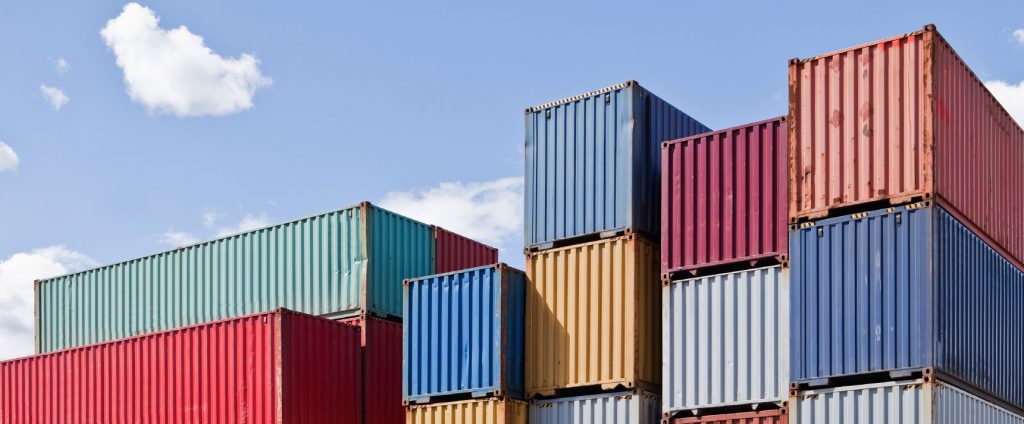CEM REPORT, TRADE | Nigeria’s agriculture export fell by 40.6% to close the third quarter of 2022 (Q3’22) with N84. 21 billion from N141.76 billion recorded in Q2’22.
This is despite huge investments channelled to the sector by the federal government and the Central Bank of Nigeria (CBN).
According to the Q3 foreign trade report, released by the National Bureau of Statistics (NBS), agricultural export increased marginally by 6% compared to the N79.41 billion printed in the same period last year.
Meanwhile, agricultural imports 10.4% increase to close the quarter with goods worth N512.91 billion compared to N464.4 billion recorded in the previous quarter.
This is also a 6.4% increase compared to N482.2 billion in the corresponding period of 2021.
Data from the report indicates that Nigeria still relies a lot on importation to meet its food demands.
However, the Central Bank of Nigeria (CBN), said it disbursed the sum of N1.07 trillion under the Anchor Borrowers’ Programme (ABP) to over 4.6 million smallholder farmers cultivating 21 commodities as of September this year.
Also, the CBN had disbursed a sum of N745.31 billion to finance 680 large-scale projects under the Commercial Agriculture Credit Scheme (CACS).
Data from the National Bureau of Statistics showed that Nigeria’s agricultural sector grew by 1.34% year-on-year in real terms in the third quarter of the year, a marginal improvement compared to 1.2% recorded in the previous quarter.
In comparison with 2020 and 2021, where the sector grew by an average of 2.15% and 2.09% respectively, the agricultural sector is not doing as one would expect from the interventions given to the sector.
Although, it is worth noting that the agricultural sector contributed about 29.67% to the national GDP in Q3 2022, an increase when compared to 23.24% recorded in Q2 2022 but lower than the 29.94% recorded in the corresponding period of 2021.
Food inflation for the review quarter stood at 23.39% compared to Q2’s 20.67%.
Meanwhile, the rising cost of food items in the country has been attributed to the continuous insecurity challenges ravaging the northern areas, coupled with the incidence of flooding as well as disruption in the food supply chain.
Also, the global energy crisis has affected the level of production as farmers now spend more on diesel to power their machinery as well as for the transportation of goods.












